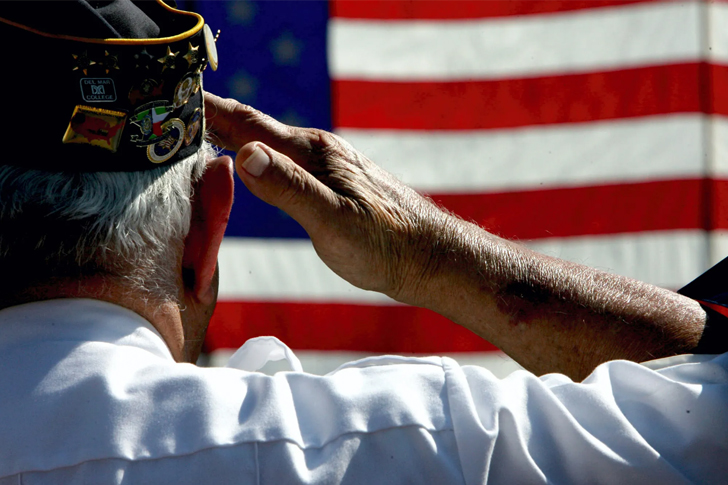Military Opportunities for Seniors
Military service in the United States is typically associated with young adults who enlist or commission shortly after high school or college. However, opportunities also exist for older individuals, often referred to as seniors, who wish to serve. These opportunities range from active duty roles to civilian positions, as well as voluntary service in related organizations.

Understanding Age Limits and Requirements
The U.S. military generally enforces strict age limits for new recruits: 39 years old for the Army, 34 for the Navy, 28 for the Marine Corps, and 39 for the Air Force. These limits reflect the demanding physical nature of military training and service. For seniors, direct enlistment in these branches may not be feasible, but other pathways are indeed available.
One such pathway is the role of a civilian in the Department of Defense. Civilians play crucial roles in supporting military operations and are not subject to the same age and physical fitness standards as enlisted personnel. From engineering and logistics to healthcare and administration, these roles tap into the wealth of experience that seniors bring.
Special Programs and Units
Certain military units and government agencies consider older applicants with specialized skills or experiences that are critical to national security. For example, the Army Reserve and the National Guard sometimes have higher age limits depending on the demand for specific skills, such as medical professionals or chaplains. As of the latest data, these branches may accept professionals up to 60 years old.
In specialized roles, such as those in cyber security or intelligence, seniors with extensive experience in these fields can be highly valuable. The National Security Agency (NSA), for example, offers positions that might not require basic training but demand a high degree of expertise in areas such as cryptography or foreign languages.
Volunteering and Advocacy
For seniors whose age or health may make service in active or reserve roles impractical, volunteering with military-related organizations can be a fulfilling option. Numerous non-profits, such as the Veterans of Foreign Wars (VFW) or the American Legion, welcome senior volunteers to support their operations and outreach efforts.
Such roles might involve helping families during deployments, providing professional skills such as accounting or legal advice, or fundraising to support specific needs within the veteran community. These actions are vital for maintaining the support structures that benefit active service members and retirees alike.
Civilian Technical and Consultative Roles
The demand for technical and strategic expertise in areas like defense technology development and military strategizing allows seniors to work as consultants. With decades of experience in various fields, seniors can offer perspectives and insights that are difficult to find elsewhere.
Consultancy roles are especially prevalent in the fields of aerospace, cyber defense, and logistical planning. These positions, often based on civilian contractor status, allow skilled professionals to contribute to national defense without the necessity of undergoing physical training sessions intended for younger enlistees.
Education and Mentorship
Military academies and training schools also offer opportunities for older individuals in educational and mentoring capacities. Seniors with a background in military service or specialized civilian fields can teach courses, provide career guidance, and support the professional development of younger service members. Such roles not only allow seniors to pass on their knowledge but also to stay connected with the military community.
Additionally, senior veterans can participate in programs like the Senior ROTC at colleges and universities, helping to train and develop the next generation of military leaders. Their real-world experience and wisdom are invaluable in shaping the perspectives of younger cadets.
Conclusion
The landscape of military service and support is broad and inclusive, offering several pathways for involvement that cater to a wide range of age groups and capabilities. Seniors bring invaluable experiences and skills that can enhance the effectiveness of the U.S. military and support systems. By understanding the various opportunities available and assessing where their contributions might be most valuable, seniors can actively participate in and impact the defense community in meaningful ways.
In summary, whether through direct roles that utilize their professional expertise, or through volunteering and advocacy, there are numerous ways for seniors to contribute to the military community, underscoring the idea that one’s service and dedication to their country does not have to end with retirement.







Recent Comments